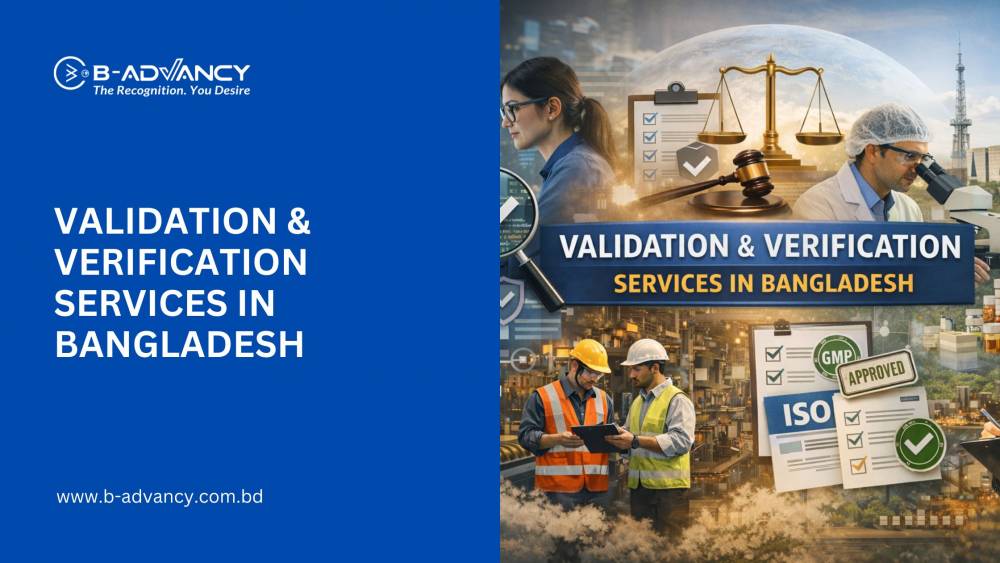Healthcare is one of the most critical sectors where trust, safety, and quality of service can literally save lives. In Bangladesh and around the world, hospitals, clinics, diagnostic centers, and other healthcare providers face growing challenges—from patient safety and data protection to compliance and operational efficiency. One proven way to overcome these challenges and build global trust is through ISO Certification.
Why ISO Certification is Vital for Healthcare
ISO (International Organization for Standardization) sets globally recognized frameworks that help organizations deliver consistent quality, manage risks, and improve efficiency. For healthcare providers, ISO certification is more than a standard—it’s a commitment to excellence and patient well-being.
Key Benefits of ISO Certification for Healthcare Organizations
-
Ensures Patient Safety & Builds Trust
ISO 9001 (Quality Management) establishes standardized processes that minimize medical errors, improve treatment outcomes, and increase patient confidence. -
Protects Patient Data
With digital healthcare records and telemedicine becoming common, ISO/IEC 27001 provides a strong framework to secure sensitive patient information against leaks and cyberattacks. -
Compliance with Regulations
ISO standards align with both local and global healthcare requirements, helping hospitals and clinics maintain regulatory compliance effortlessly. -
Improved Service Quality
ISO certification promotes consistency in healthcare services—from diagnosis and treatment to post-care support—ensuring higher patient satisfaction. -
Operational Efficiency
Through streamlined workflows and effective resource utilization, ISO certification reduces waste, lowers costs, and increases efficiency. -
Global Recognition & Opportunities
ISO-certified healthcare institutions are more likely to attract international patients, build global collaborations, and grow medical tourism opportunities.
ISO Standards Most Relevant to Healthcare
-
ISO 9001:2015 (Quality Management System) – Improves quality of care and internal processes.
-
ISO 13485 (Medical Devices Quality Management) – Ensures safety and reliability of medical devices used in hospitals and labs.
-
ISO/IEC 27001 (Information Security Management) – Protects electronic health records and IT systems.
-
ISO 45001 (Occupational Health & Safety) – Creates safer workplaces for healthcare staff and patients.
-
ISO 14001 (Environmental Management System) – Promotes sustainable, eco-friendly healthcare operations.
Partner with B-ADVANCY for Certification Support
Achieving ISO certification may seem overwhelming, but with expert guidance, it becomes a smooth journey. B-ADVANCY provides professional consultancy, training, documentation, and audit preparation tailored to healthcare organizations in Bangladesh. From selecting the right ISO standard to achieving certification, we help ensure your success. Contact with them for better consultancy Website: https://b-advancy.com.bd/ WhatsApp: https://wa.me/+8801612264559
Conclusion
In the healthcare industry, quality, safety, and trust are non-negotiable. ISO certification enables healthcare organizations to demonstrate their commitment to patient safety, data protection, and continuous improvement. By adopting ISO standards, hospitals and clinics in Bangladesh can strengthen their credibility, enhance patient satisfaction, and gain recognition both locally and internationally.
👉 Investing in ISO certification is not just about compliance—it’s about building a healthier, safer, and more trusted future for healthcare.





































































































































































































